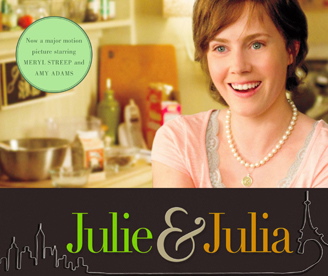 When I first told my doctor about feeling anxious, he asked a ton of questions. But one of the first was – Do you drink coffee?
When I first told my doctor about feeling anxious, he asked a ton of questions. But one of the first was – Do you drink coffee?Well yes, of course I do! Doesn’t everyone? He asked me how much. Then proceeded to tell me that even with mild anxiety I should lay off the caffeine. For a long time I thought the coffee jitters were just physical, keeping me wired. Turns out the effects of caffeine are a bit deeper than that. He said to avoid coffee if possible – but I live in the real world. I couldn’t just give it up! So I turned to the internet, where lots of scientific studies are made public. Here is one quote:
Dr James Lee, a psychiatrist at Duke University, North Carolina in the USA, said of caffeine and anxiety, "Moderate caffeine consumption makes a person react like he/she is having a very stressful day. If you combine the effects of real stress with the artificial boost in stress hormones that comes from caffeine then you have compounded the effects considerably." During his study the volunteers produced 32% more adrenaline, their blood pressure was raised and their heart rates were faster.
Well ok, so no double espresso. But what if I want to try to have my coffee, and just use moderation? I found some great tips – and through my own personal experience – here are some things to keep in mind:
Don’t drink coffee without eating any protein. The caffeine goes straight into your bloodstream, and spikes quickly. Combined with low blood sugar, this can really affect your mood.
Dilute it if you can. I started drinking ice coffee with lots of ice rather than a double espresso. It took some getting used to the less sharp flavor, but I’m consuming my caffeine a lot more slowly.
Think about timing. I never drink coffee or tea after 5:30 pm – because I know I won’t sleep! Find you own cut off.
Monitor the stress. Finally, if you know you are going into a stressful situation, take it easy on the coffee. You big meeting is not the time to down 2 cups of joe!
As always, be mindful and find the moderate balance that works for you!







